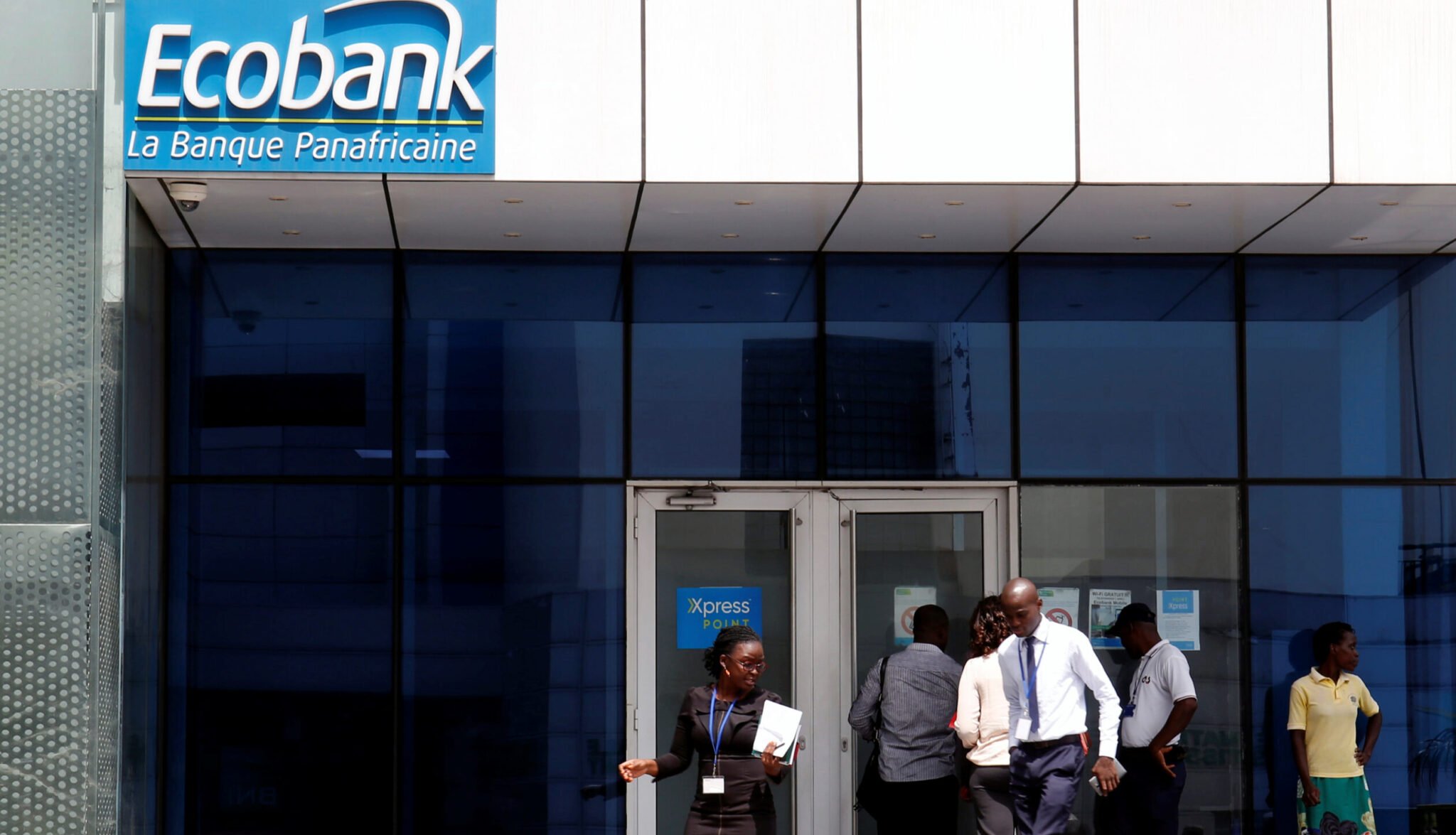People walk at the entrance of Ecobank building in Abidjan, Ivory Coast on June 4, 2018. REUTERS/Luc Gnago Twenty African countries including Nigeria, which has the continent’s largest GDP, have yet to ratify the treaty, originally planned to come into force in July. A possible start date of January 2021 is now being targeted.
Nkontchou argues that the extra time needs to be put to good use . The additional market size captured is more important than the number of countries which sign up, he said. “It’s worth waiting to get the countries with the GDP on board. It gives more credibility and market size.”
READ MORE Free trade area needs continental businesses to become a reality
The pandemic has shown that “reliance on a single supply chain is clearly undesirable,” he says. Diversified chains are needed, both to ensure security of supply, and to increase competition. Implementing the agreement would reduce the cost of doing business, a consideration which should be “at the core of the political process.”
READ MORE Coronavirus: Ecobank CEO says COVID-19 can boost digital financial services
ETI is the holding company of Ecobank, the pan-African lender. Nkontchou, an independent non-executive director since 2015, took up his new role at the end of June. Commodity dependence
Continental free trade has a crucial role to play in encouraging diversified economies, says Nkontchou. Countries that rely on commodities will always be in a weak position. “We shouldn’t have to look at commodity prices to see where we are at.” About 11% of Ecobank’s loan portfolio is to the oil and gas sectors, with part of this described as “legacy” lending.
“Legacy loans”, of course, are still real ones, which the bank chose to take over through acquisition.
“The goal is not structurally to reduce oil exposure,” says Nkontchou. “The issue is how healthy a company is and its ability to repay.”
The stabilisation of oil prices that is already apparent will continue and help Nigeria’s banks to absorb the shock, he said.
While the country’s banking sector will face challenges, “Nigeria is going to be able to recover over time.” Nkontchou says he’s confident that there will be a COVID-19 vaccination in the “not too distant future.” The equilibrium price of oil will tend to drift down over time as more renewable energy sources come on line, Nkontchou said. That, however, is a long-term prospect. “Oil is […]
